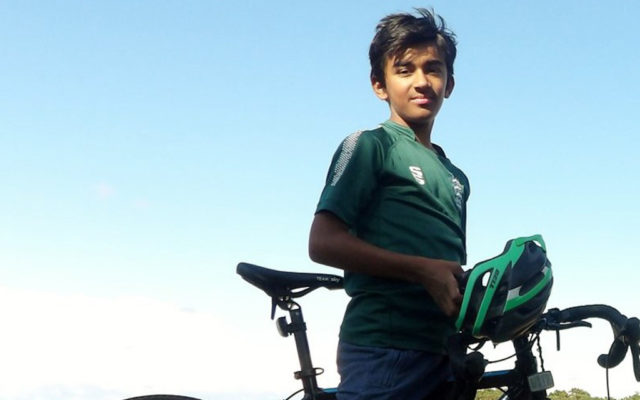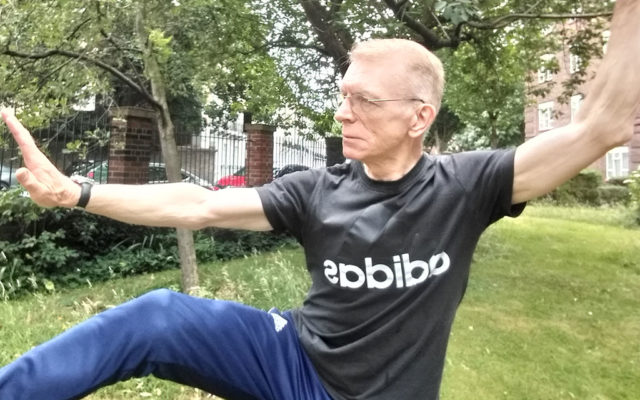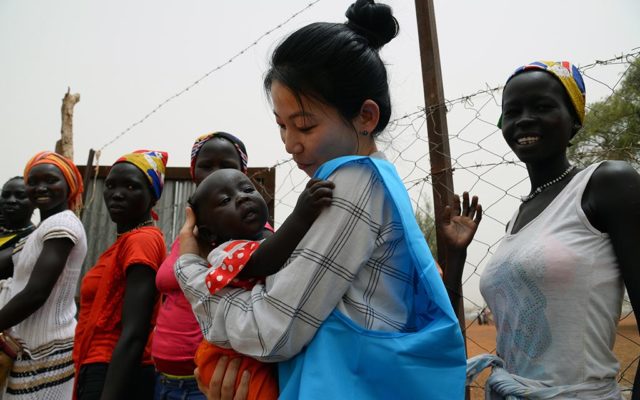Seeking safety in Amman
Hunada and her children left everything behind in Damascus.
©UNHCR/Jordi Matas
When Hunada thinks back to the apartment she owned in Syria, she remembers it fondly.
“It had three bedrooms, a big guestroom, a big living room, bathrooms and a kitchen. I furnished it myself. Decorated it myself. I loved that apartment. We were there for 20 years.”
Now, Hunada and her family live in Jabal Al-Hussein in Amman; that’s her two daughters, eldest son, his wife and their two children. The family is originally from Damascus, where Hunada’s husband owned a shoe shop.
“Winter is very harsh here. It’s harsh the way you feel and it’s harsh on the finances.”
“One day, my husband was stopped at a checkpoint coming home from work. He was detained and then just disappeared. I looked for him for three months. Eventually, a neighbour who had been detained with him was released and told me that they had tortured Ahmed, my husband, to death. The girls were just 3 and 6 when he was killed.”
With the destruction of the city enveloping Hunada’s surroundings, she decided that leaving was the only option.
“We hid in a shelter along with our neighbours and other people in the area. We stayed there for 8 days with no electricity, no food, barely any water: nothing. Then people from that neighbourhood came and told us that we should all leave.”
It wasn’t a difficult decision for Hunada as she knew there was more to gain by trying to leave.
“Some people said ‘no’, but I said, “If we stay, we’re probably going to die and if we leave, we’re probably going to die so we might as well try to escape.” So, I took my children and left. I remember saying goodbye to these people that I had come to know after 8 days being in the shelter, and later hearing that they were all killed there. When we left, we saw a lot of dead bodies. I tried to cover the eyes of my daughters, but they still saw horrible things. We arrived in Jordan in April 2013.”
Now, while Hunada and her family are safe, they face another brutal winter in Jordan. Hunada’s biggest worry is paying the bills so her children stay warm.
“Winter is very harsh here. It’s harsh the way you feel and it’s harsh on the finances. When winter is coming, and I can feel the change in temperature in the air, I start wondering about how I will afford the gas cylinders.”
“I received a one-off cash assistance payment from UNHCR for winter. I bought blankets and gas canisters for the heater and for the oven. If I hadn’t received that money, I would have had to borrow money from neighbours.”
To help mothers like Hunada, you can donate directly by clicking here.




